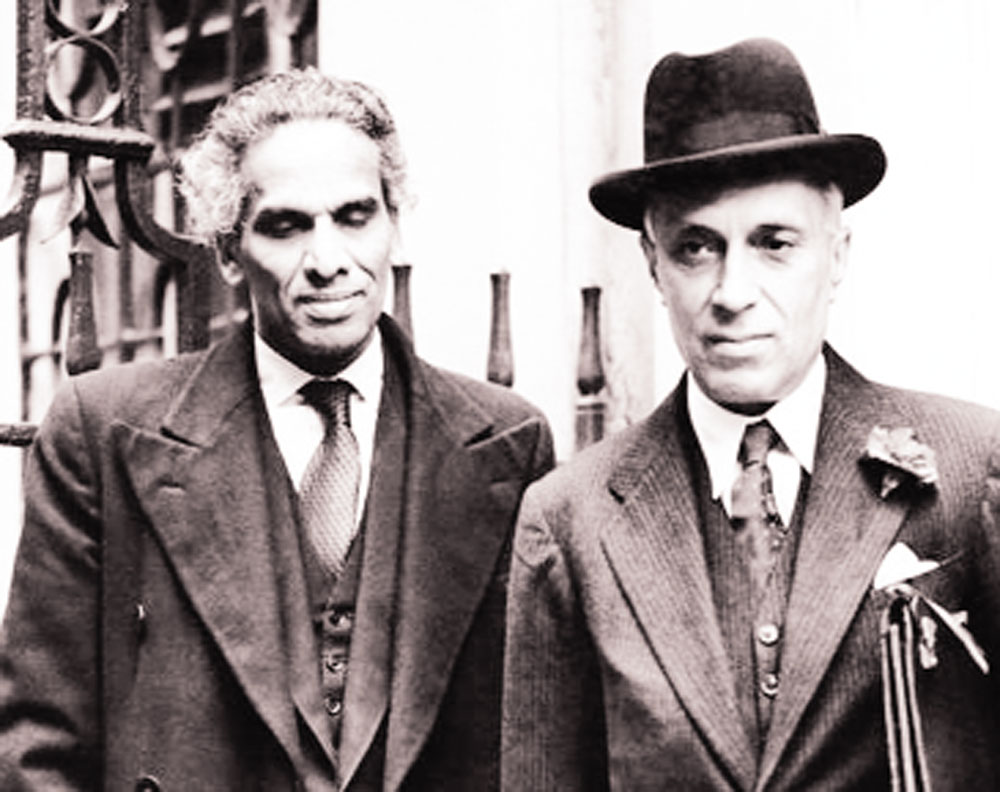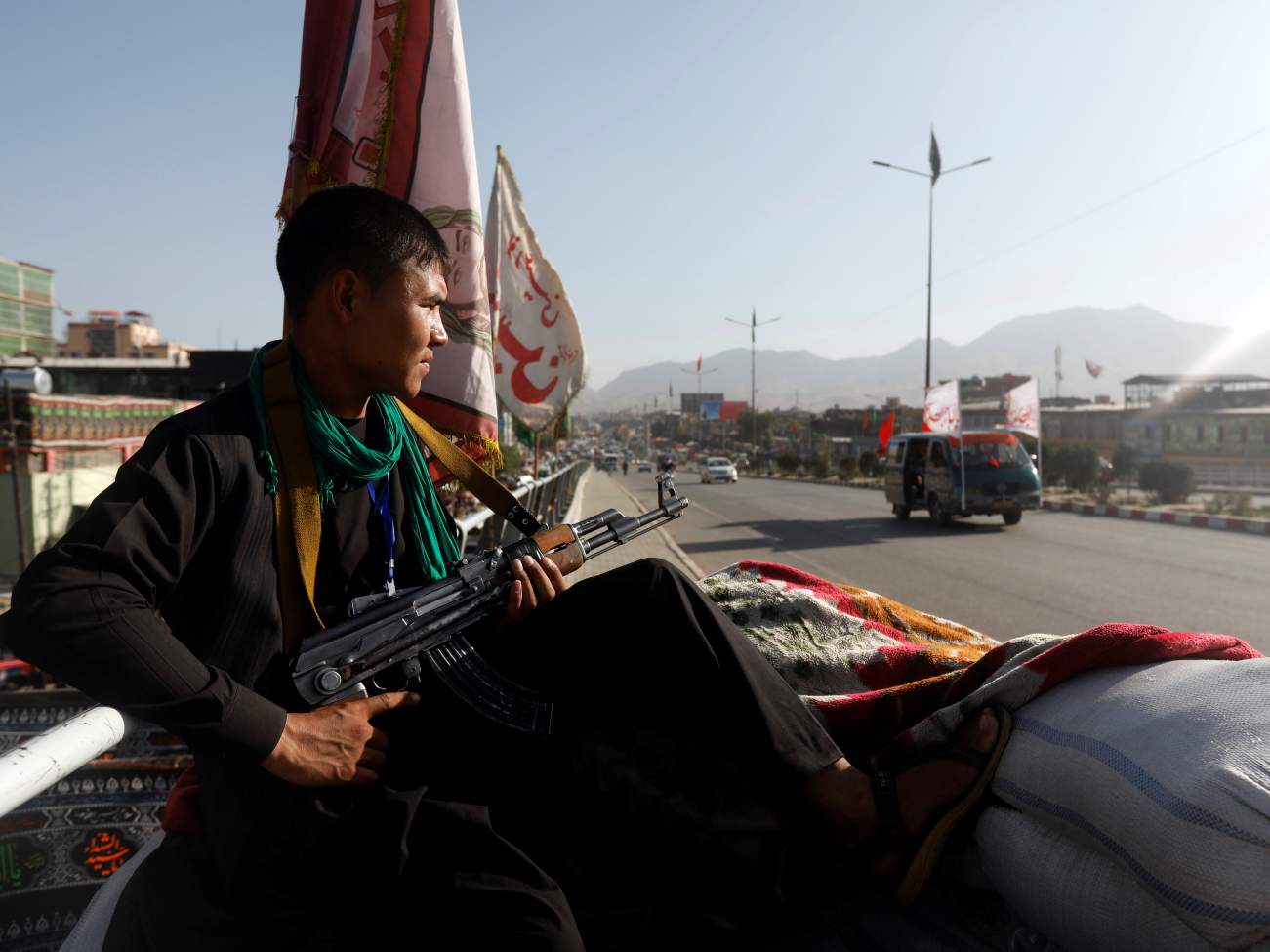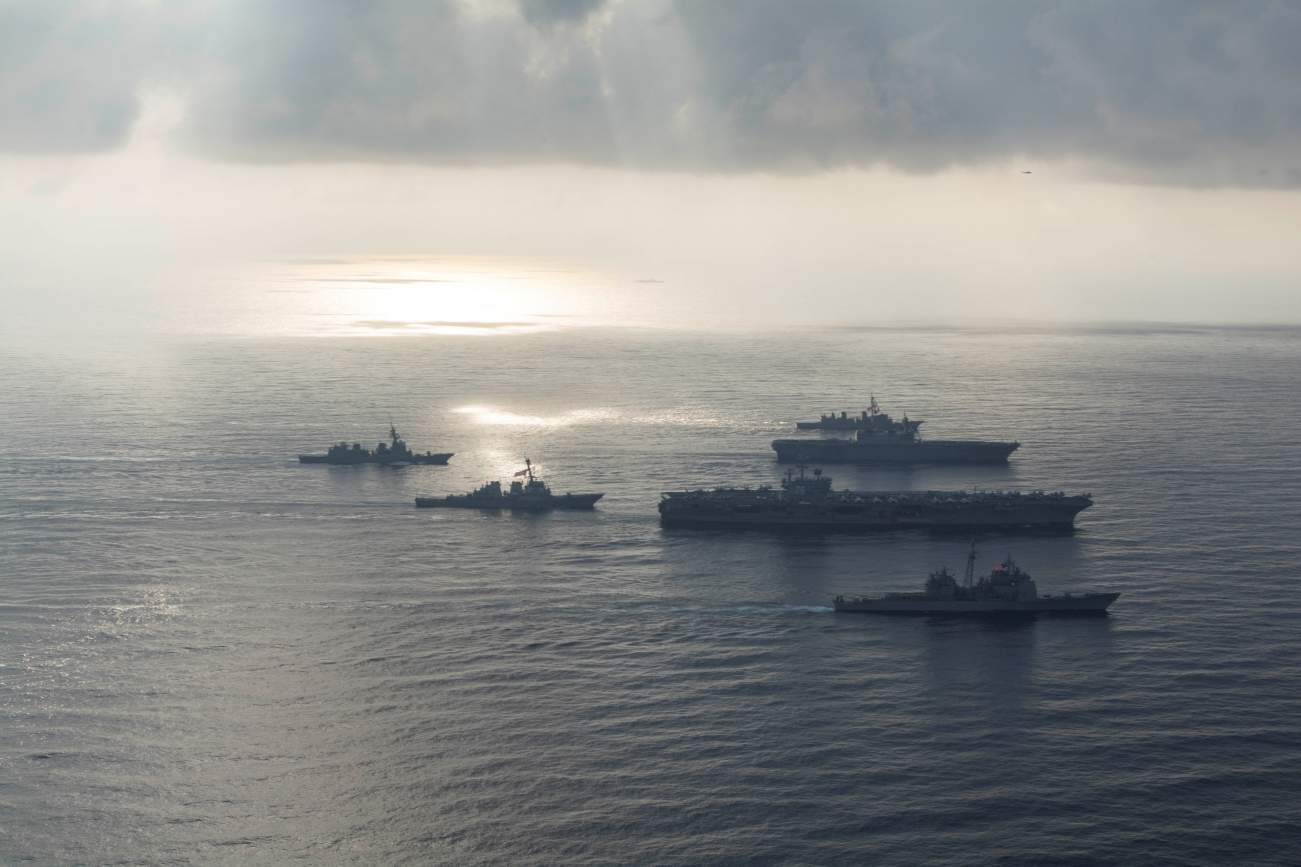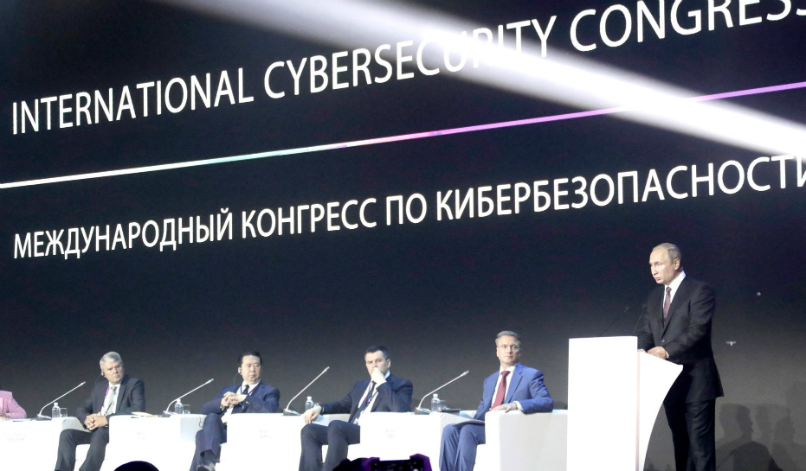October 13, 2018
The combination of availability and munition capability makes the armament of commercial drones a significant civilian and military concern.
by Kathryn Dura
Motivated by the threat of terrorist drones, the House recently approved the “ Preventing Emerging Threats Act of 2018 ” and the Senate is expected to follow suit. The bill allows Homeland Security and the Justice Department to detect, track, and even destroy an unmanned aircraft. This law comes on the heels of the drone-based assassination attempt against Venezuelan President Nicolas Maduro. By refashioning a surveillance drone to include munition capability, this attack highlights the ability of state and non-state actors to repurpose commercial drones into a DIY armed drone. As a result, security forces both inside and outside of the military must be prepared for this reality.
The old distinction between armed and reconnaissance drones is rapidly diminishing; while it used to be that only large, military-specific drones were armed, smaller commercial and hobbyist drones are increasingly capable of carrying munition. As the Venezuela incident demonstrates, hobbyist, commercial UAVs are readily available and demonstrably capable of conducting limited attacks, not just on the battlefields of Iraq and Syria, but in a public assassination attempts. The technology is dual-use, so it has commercial and civilian applications in addition to military ones. Gradually, organizations outside of the military are purchasing traditionally commercial UAVs for various purposes including law enforcement and disaster relief. With the increased demand, private sector companies are incentivized to improve the technology’s capabilities to expand their markets and profits.












